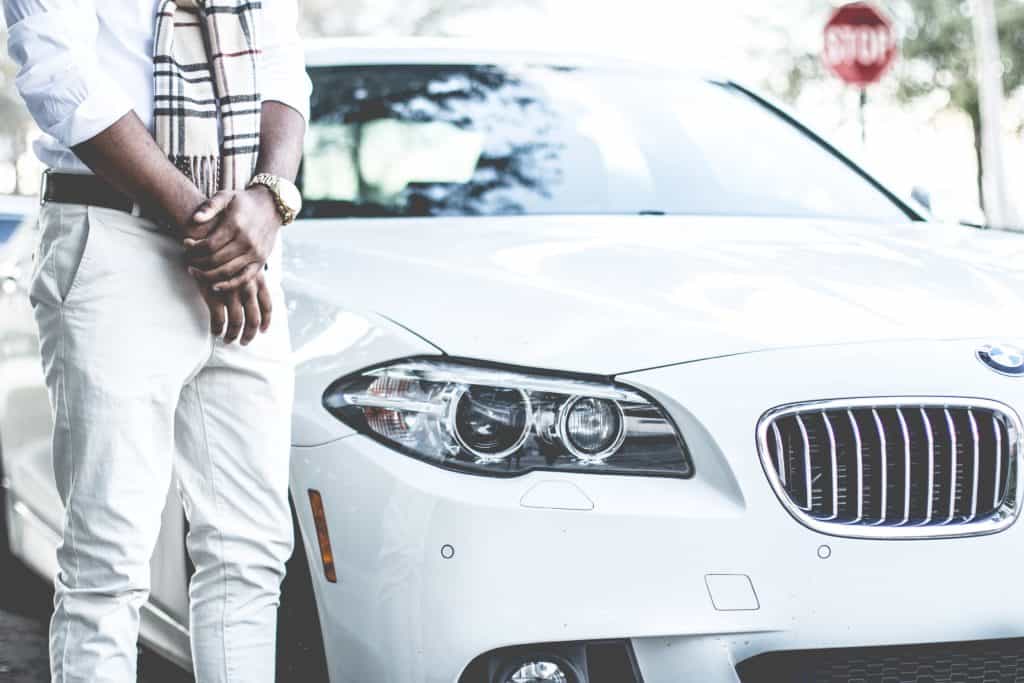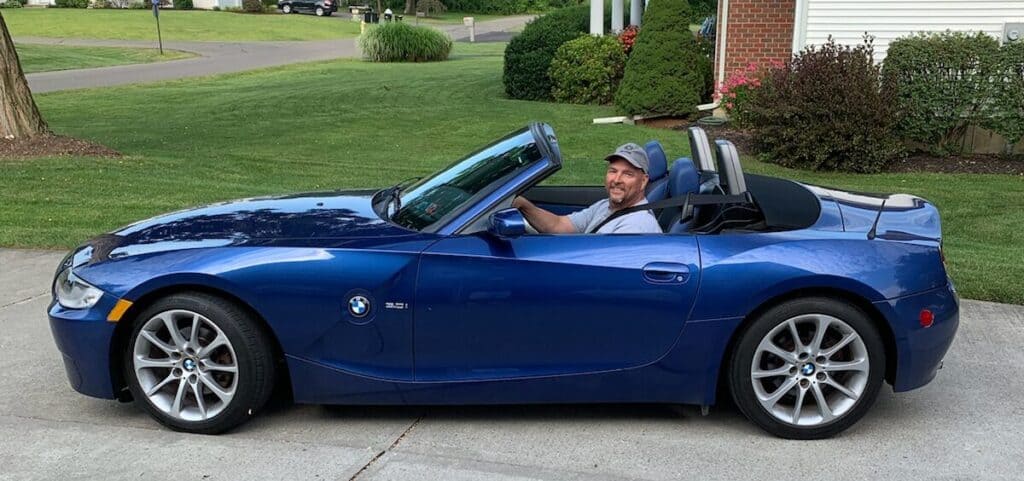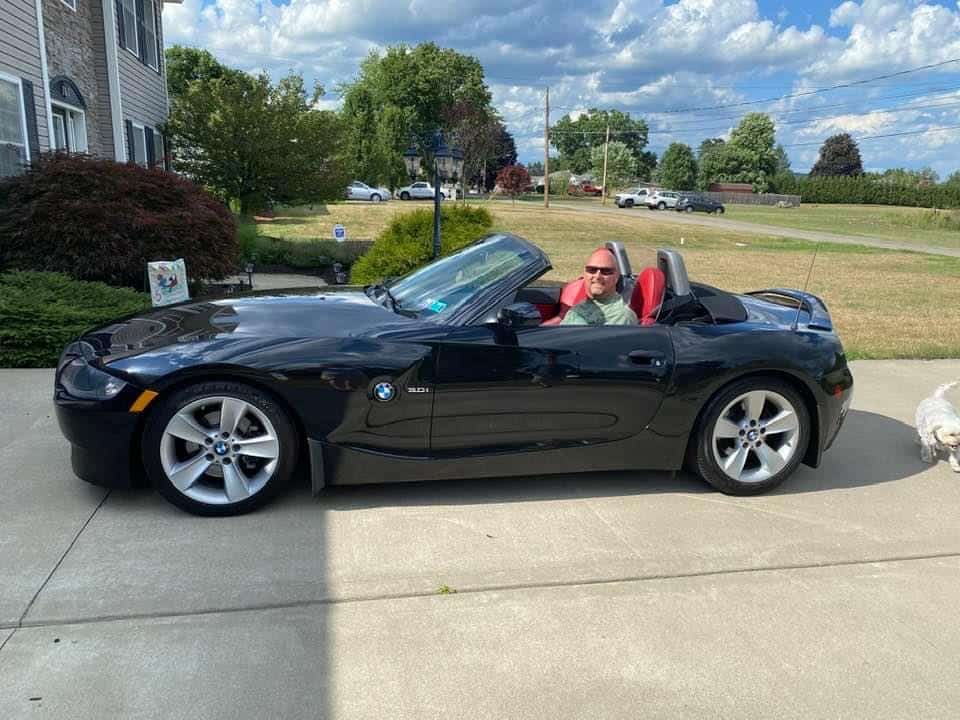
Although Dave Ramsey has helped millions of people (including me), we are what Dave calls “-ish,” as in Dave Ramsey-ish. We have maintained a solid financial condition.
So who doesn’t like breaking a few rules? Let me explain…
Credit Cards
We have always been a “-ish” with plastic. (Click here for an article I wrote about plasectomies.)
There is convenience and safety in not carrying cash. I know Dave’s statistics about spending more when you use plastic instead of cash, but I’m not ten years old. We track “cash flow” items in our black book, and we use credit cards as though they were cash. If there’s no room in the budget, neither cash nor credit cards get used.
Ecological correlation is very persuasive, but aggregate correlations do not apply to individuals in the group. That is, just because observational studies have shown that consumers as a whole spend more money when using plastic does not mean that YOU will spend more money when using plastic.
We pay every one of our utilities using plastic. These are expenses we are going to incur every month, so they are in our monthly written budget. And if we get jawed, it’s easy to cancel luxuries like Hulu, Netflix, etc. right on the app.
Be careful as some utilities may charge extra to use plastic! That’s why we still do EFT checking drafts for our electric bill and mail a check for our water and gas bills.
True, Discover points won’t make you rich. But why not enjoy a free dinner once a month at Applebee’s just for using a Discover card to buy what we were going to buy anyway. That’s a nice benefit. Again, we just make sure our spending is below our weekly cash flow budget.
And depending on the time, you may not have to pay for up to two months! I have begun using AppleCard for everything that isn’t a “special” discount with Discover or Chase, things like 5% cash back on groceries. For those items, I’ll use the card with the bigger discount. But the dating can’t be beat with the Apple Card. Everything bought this month is due the last day of next month.
Little things matter, and continuing to earn interest in our deposit accounts adds up over time. You can’t deny the aggregation of marginal savings.
Note: We have an emergency fund and never carry a card balance. So if the you-know-what hits the fan one month, Murphy will not be bothering us. By tracking our liquidity ratio on our monthly budget spreadsheet, we know exactly how long we could go with no income.
It’s a fact that many people struggle with plastic, perhaps because they have no written budget or sense of delayed gratification. That’s why you must become a budgeteer!
But many others, like me, do indeed benefit through wise use of credit cards. The rule is, NEVER CARRY A BALANCE.
Nope, we’re not getting rich from it, that’s true. But we do garner about $200 worth of value each month. And that’s $200 we didn’t have to do anything different (from a budget standpoint) to take advantage of.
30-year Mortgage
Dave recommends the 15-year fixed rate mortgage. But this creates limitations. Limitations on the type and size home you can buy as well as the neighborhood where you can move.
As long as inflation keeps doing its thing – and it’s going crazy in 2022 – mortgage payments are an ideal hedge. Our future payments will seem more and more like a drop in the bucket as the years go by. And rates are so darn low! (Has anyone else considered refinancing?)
Although making principles payments may help create more equity before we retire, it won’t prevent our “southern home” search.
We are in our fifties and plan to retire in within ten years. But with a 30-year mortgage, we will be paying our 2030 payments with 2020 dollars. That’s the beauty of the 30-year fixed during high inflation times.
So we have opted for maximizing monthly cash flow to do fun things while we are still blessed with energy and good health.
But as I stated above, when we have a five-pay month, we may put the extra on our mortgage principle.
Buying Gold
Dave Ramsey also advises against holding precious metals, like gold. Although I have heard him say holding a small percentage of your portfolio in gold is acceptable if you feel the absolute want.
Robert Kiyosaki refers to gold as God’s money in his latest book Fake. Gold was here before us and will be here long after we’re gone. And… there’s a finite amount. Governments can’t just print more gold. (Though some countries seem to be hoarding it these days…)
My goal is to eventually have about a third of my emergency fund in gold, silver, and platinum. We’re not there yet, but we’ll keep chipping until we are there.
Leasing Cars
The last area where we are still “-ish” is with the car lease. Or as Dave calls it, the car “fleece.” I left this to last, because we are indeed phasing out of leasing in favor of paying cash for quality used cars.
But we do like having new a car every three years, so we’ll see. Like Ramit Sethi says, “Spend extravagantly on things that you love, while cutting mercilessly on things you don’t.” (Read Ramit’s book I Will Teach You To Be Rich.
I guess you could say cars are not that big of a money dial for us these days. But in any event, we stay under Dave Ramsey’s recommended 10% of net pay for automobiles.
My most recent car purchase was a 14-year old roadster (shown below). We found it on CarGurus and paid cash, so we seem to be moving in a used car direction.

UPDATE! The 2006 Z4 above was totaled during the summer of 2020 when I was T-boned by an elderly woman who failed to stop at a stop sign. Below is our replacement. Limo Emu and Doug really came through fighting with the other insurance company.

We like BMWs. I know, Dave Ramsey refers to them as old status symbol of the rich, right? But these older Bimmers are extremely affordable — and quite nicely appointed!
Even though he is the king of OPE (Other People’s Money), in his first book Rich Dad Poor Dad, Robert Kiyosaki advises against borrowing to purchase what he calls doodads. Rather than buying assets we know will drop in value, Kiyosaki advises buying “assets.” Assets are things that put money in our pockets.
Doodads are things like cars, boats, motorcycles, golf clubs, etc. Robert does not characterize these as assets, because they neither produce positive cash flow nor appreciate in value. They are actually liabilities that cost people money.
Bottom line
After the passing of my brother June 1, 2019, I’ve done a 180 in re-assessing that life is for living. Hoarding all that we earn, so when we retire we can finally live? That’s not for us. We have struck a good balance between preparing financially for our future and having fun along the way on our financial peace journey.
So we have decided that the delayed life plan is not for us. While we are preparing for the future, we have decided that living like no one else should not come at the expense of living.
The Baby Steps are still our foundation, although we have moved toward Brian Preston’s Financial Order of Operations (FOO). We have no debt besides our home, and we contribute weekly to our retirement accounts and taxed stock portfolios on M1 Finance. It’s just that we’ve learned how to use credit cards as cash, the 30-year mortgage as an inflation hedge, gold to protect against market downturns, and leasing cars may be a money dial for us.
As with anything… adapt, don’t adopt! Read as much as possible. The more you learn, the more you will know what is in your financial DNA!
As Always…
Thanks for reading! I hope this information provides food for thought. Remember that I am not a certified financial planner, a certified public accountant, a licensed real estate agent, etc. My content is for educational purposes. I am a math educator who happens to have a finance degree. Like they say, never take financial advice from a math teacher! (Do they really say that?)
But you should spend less than you earn, invest the difference, and stay out of debt!
I would so appreciate your sharing my content with anyone you feel could benefit. And if you would like a free exploratory conversation or just want to shoot the breeze about personal finances, call me and leave a message or send a text to 570-731-0425.